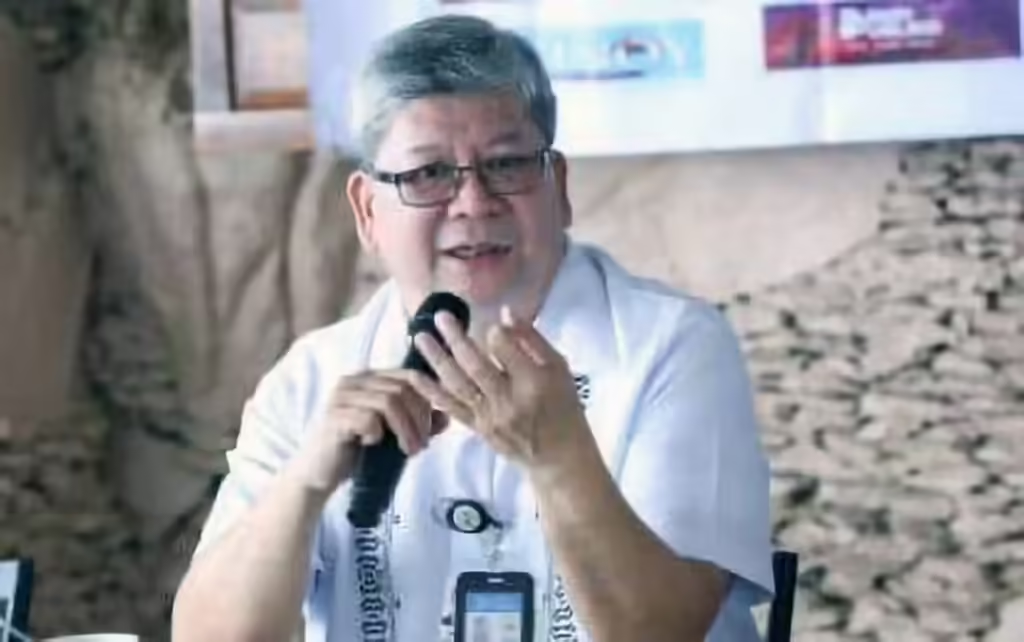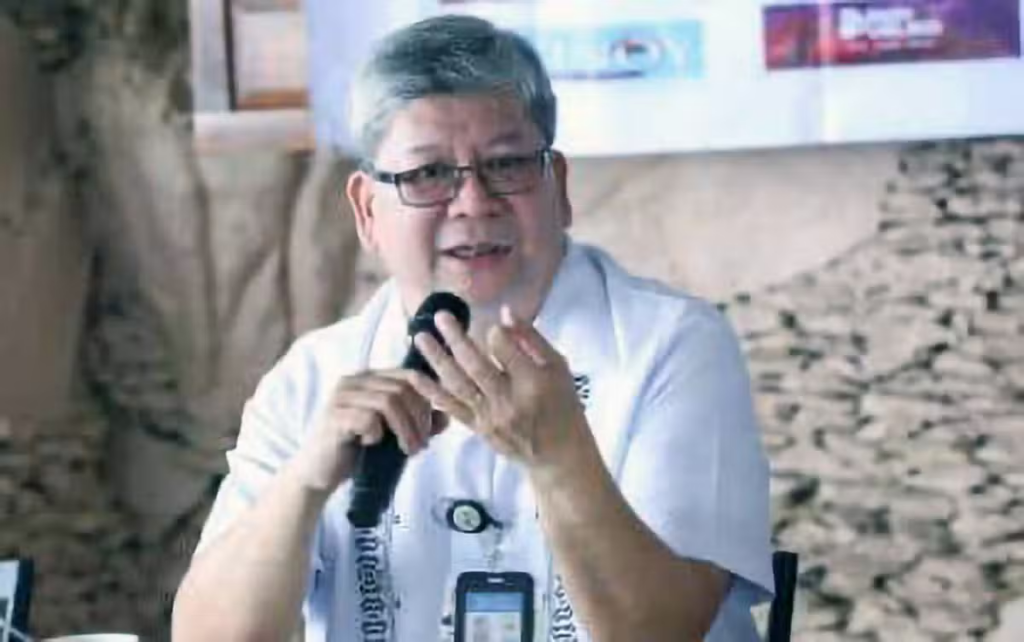
BI Commissioner Norman Tansingco —PNA photo
MANILA, Philippines — Foreign Pogo workers have been given 60 days by the Bureau of Immigration (BI) to leave the country, following President Ferdinand Marcos Jr.’s order.
Immigration Commissioner Norman Tansingco in a statement on Tuesday said they were expecting around 20,000 Philippine offshore gaming operators (Pogos) and internet gaming licensees (IGLs) workers to “wind down their affairs” over the next two months. He said the Philippine Amusement and Gaming Corp. (Pagcor) provided his office a list of all the foreigners working in Pogos and IGLs.
The BI will move to revoke the working visa granted to them and deny pending applications and new applications for visas for foreign Pogo and IGL workers, Tansingco added.
READ:
PRO-7 promises to rid Central Visayas of Pogos
Cebu officials support ban on POGOs
Uncertain future of Pogo employees
Facing deportation
He warned that violators would face deportation, noting that he had instructed the bureau’s intelligence division and fugitive search unit to intensify efforts to arrest violators and illegal online gaming hubs.
Pagcor Chair Alejandro Tengco said he would consult with Tansingco to discuss his two-month deadline for the deportation of all foreign Pogo workers as the President had given these companies up to Dec. 31 to close down.
In his third State of the Nation Address (Sona) on Monday, Marcos announced his order to ban all Pogos.
“Disguising as legitimate entities, their operations have ventured into illicit areas furthest from gaming, such as financial scamming, money laundering, prostitution, human trafficking, kidnapping, brutal torture, even murder,” the President said.
Tansingco on Tuesday said his agency would coordinate with Pagcor and the Department of Labor and Employment to cancel permits issued to online gaming companies and their foreign employees.
The BI chief said he shared the President’s view that the social costs of online gaming companies outweighed their benefits.
He said the BI had deported more than 2,300 working in scam hubs operating in the guise of gaming companies. Sen. Sherwin Gatchalian said he was very confident that five months were more than enough time to shut down illegal Pogos “as long as there is political will.”
“And from the message of the President, he is determined to wipe them out,” he told the Inquirer in a text message.
Gatchalian clarified that Pogos last year generated only P15 billion—P10 billion to the Bureau of Internal Revenue (BIR) and P5 billion to Pagcor.
“That’s less than 0.5 percent of our country’s total revenues. Pogos will disappear and we won’t feel a thing,” he said.
“Second, it only employs 20,000 Filipinos as compared to the 25,000 foreigners who are mostly Chinese. We have P12-billion budget for temporary and cash-for-work programs,” Gatchalian added.
Sen. Risa Hontiveros said the newly enacted Anti-Financial Account Scamming Act (Afasa) would allow the government to seize and use the properties of Pogos or IGLs involved in large-scale scams and human trafficking.
Risa ‘pleased’
Gatchalian and Hontiveros have been the most active senators investigating the illegal activities linked to the foreign Pogo workers and the Pogo business.
Hontiveros said in a statement that she was “pleased” that the Afasa law included her proposed amendments granting authority to the government to take Pogo assets and properties.
“Now that the ban on Pogos or IGLs had been announced, several properties can be used and given to the victims of crimes linked to Pogos,” she said.
The Afasa law, or Republic Act No. 12010, was among the priority bills of the Legislative Executive Development Advisory Council. It was sponsored by Sen. Mark Villar in the Senate.
It aims to combat the surge of online scamming and mandates financial institutions to implement necessary safeguards to protect the accounts of Filipinos.
It also defines and penalizes “money muling” activities (a type of money laundering), social engineering schemes, economic sabotage, and other offenses involving financial accounts. The Bangko Sentral ng Pilipinas is authorized by the law to probe and inquire into financial accounts that may be involved in prohibited acts.
Hontiveros’ amendment states that “all properties, tools, instruments, and/or any other nonliquid assets used” in committing financial scams “shall be subject to civil forfeiture.”
The seized assets can be released to the Department of Justice “for operational support and victim protection, including victims of human trafficking.” “The victims, rescued after a raid on the complex, run in the thousands per scam complex and government lacks the resources and capacity for operations and assistance,” Hontiveros said.
READ:
Marcos bans Pogo, cites ‘disorder’ it caused PH
The release of the seized money needs a court order following a summary hearing and is subject to guidelines.
“This prevents the whimsical or improvident use of the monies and assets seized,” she explained.
The Afasa law and the Pogo/IGL ban are welcome and need to work in tandem, Hontiveros said.
“The hardships and sufferings of those victimized by Pogos are incomparable, but I hope that through this law, the government can make amends by giving their much-deserved reparations,” she said. “While we celebrate the Pogo/IGL ban, we must continue to ensure that accountability is exacted from perpetrators and justice is fully served for victim-survivors.”
